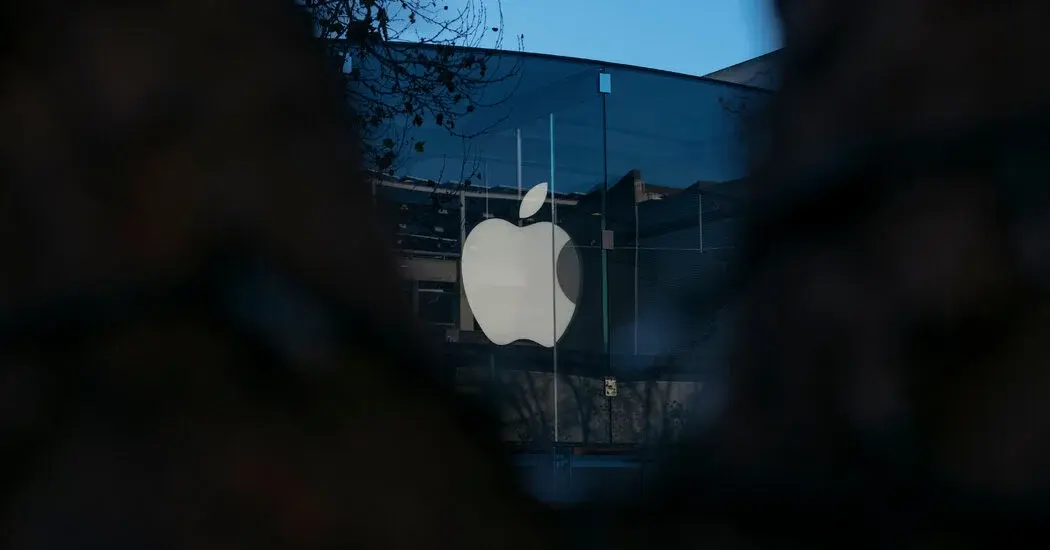- cross-posted to:
- privacy@lemmy.ml
- cross-posted to:
- privacy@lemmy.ml
The department joined 16 states and the District of Columbia to file a significant challenge to the reach and influence of Apple, arguing in an 88-page lawsuit that the company had violated antitrust laws with practices that were intended to keep customers reliant on their iPhones and less likely to switch to a competing device. The tech giant prevented other companies from offering applications that compete with Apple products like its digital wallet, which could diminish the value of the iPhone, and hurts consumers and smaller companies that compete with it, the government said.



deleted by creator
Definitely iPhones. With all the other smartphone brands, if you want to switch, all your apps and data can be transferred over. For example I have used four different brands of smartphone, and the process of transferring everything was straightforward. In contrast, Apple makes it hard to transfer to a non-Apple device without losing all your data and apps, essentially creating a barrier to people changing to a different type of phone that simply doesn’t exist for people changing from, say, Samsung to HTC. Thus Apple effectively has a monopoly on customers that are trapped in its ecosystem.
Additionally, while users of Android-based devices can use apps from a variety of sources, and can heavily modify the OS (including using completely open source versions), Apple users are not only locked into Apple’s ecosystem, but have no choice but to use the OS Apple have provided, in the form Apple dictates, and use only Apple’s shop to buy Apple-approved apps. Once you get an Apple device, you’re stuck with using it only in ways Apple approve of, and they’ll do everything in their power to prevent you from modifying your Apple device or switching to a non-Apple device.
I’m the spirit of fairness I will nitpick you.
Firstly, porting apps over between Android devices works seamlessly only if those apps come from the Play Store. Android has no provisions for auto-transferring e.g. F-Droid and its apps. So it’s no wonder you can’t transfer your iOS apps (which might not even have Android versions). But it is true that auto-transfers of Play Store apps between different Android spins is seamless.
Secondly, whether and how easily you can modify or replace your Android is dependent on the phone’s manufacturer. A Pixel is a very different beast from an Xperia in that regard. Still, Google do provide AOSP and are very mod-friendly on their own devices. Apple very much aren’t.
The fact that Android lets you use F-Droid, or just install apk’s yourself, again means you’re not tied to a specific phone manufacturer. You can switch to a different phone and redownload all your F-Droid apps and transfer the standalone apk’s over. So even without autotransfer, it’s not difficult to keep everything.
True. It’s just the automated transfer that doesn’t work.
I didn’t bring up F-Droid’s very existence as an argument because iOS also allows a form of sideloading these days. Android still makes it a lot easier but Apple isn’t entirely out of the loop anymore. Baby steps, I guess.
Yep. I’m in that situation now because my iPhone is about to be obsolete, so replacing the battery makes no sense.
You’re misunderstanding. The government isn’t arguing that they’re preventing people from switching to Android, but that they’re running a monopoly within the iPhone ecosystem.